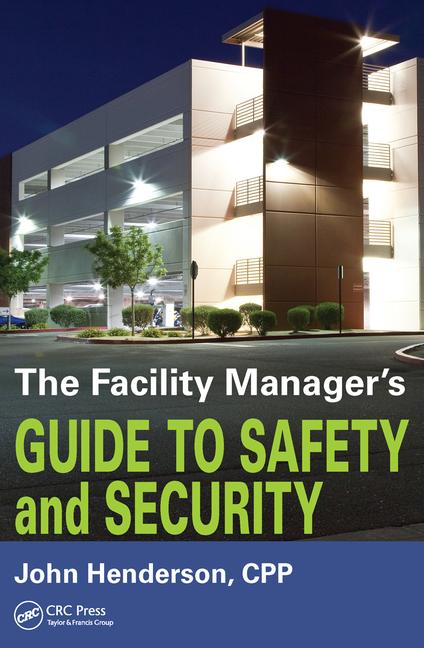Plaintiff’s Duty to Insure Against Loss Releases Alarm
The plaintiff filed an action for breach of contract, alleging that the defendants failed to provide security protection, to check the system to ensure its viability, and to notify the plaintiff and the police upon receipt of alarms, suspicious signals or abnormalities within the system.
The plaintiffs further alleged gross negligence upon the same failures — coupled with the fact that the burglars were able to carry out their crime without interruption over an extended period of time. The agreements with each of the two alarm companies contained provisions that effectively exonerated the defendants from liability for their own negligence or limited the damages recoverable to a nominal amount.
Each of the defendants moved for dismissal of the gross negligence claims on the ground that the plaintiff did not allege a breach of any duty independent of the defendants’ contractual obligations, and dismissal of the contract claims on the basis of the risk allocation provisions of the respective agreements. The defendants further alleged that the failure to receive or act upon alarm signals did not constitute gross negligence as a matter of law, and that the plaintiff lacked standing to assert claims for losses sustained by its safe deposit customers. The lower court denied these portions of the motions, finding the allegations sufficient for gross negligence and sufficient as a basis for the breach of contract claim.
The appellate court disagreed and reversed. The court pointed out that the agreements contained provisions that effectively exonerated the defendants from liability from their own negligence or limited the damages recoverable to nominal sums. The court pointed out that such contractual provisions are generally enforceable under New York law, although as a matter of public policy, the party may not contractually insulate itself from liability caused by its own grossly negligent conduct. The court cited previous New York cases which found there was gross negligence, that being the catastrophic consequences that could result from a fire alarm company’s failure to perform its contractual obligations with due care.
The court indicated that by contrast, no public interest was implicated in this case, and it therefore found no basis for tort liability. The court further determined that under its agreement with the defendants, the plaintiff was required to insure the premises and its contents against perils that included theft, and to look solely to its insurer for recovery in the event of a loss, waiving all claims against the alarm companies. The court determined that this waiver of subrogation provision constitutes a defense to all of the plaintiff’s claims, including gross negligence. Although the plaintiff’s agreement with the other alarm company did not contain a waiver of subrogation provision, it did require the plaintiff to obtain its own insurance to cover the loss. Therefore, the appellate court reversed the lower court’s decision and granted the motions to dismiss the action for breach of contract and gross negligence.
|
Readers Ask
We suggest that you enter into an agreement whereby your normal protection provisions, which appear in your contract, are included. If the government refuses, you may be wise to pass on the opportunity. |
Looking for a reprint of this article?
From high-res PDFs to custom plaques, order your copy today!










